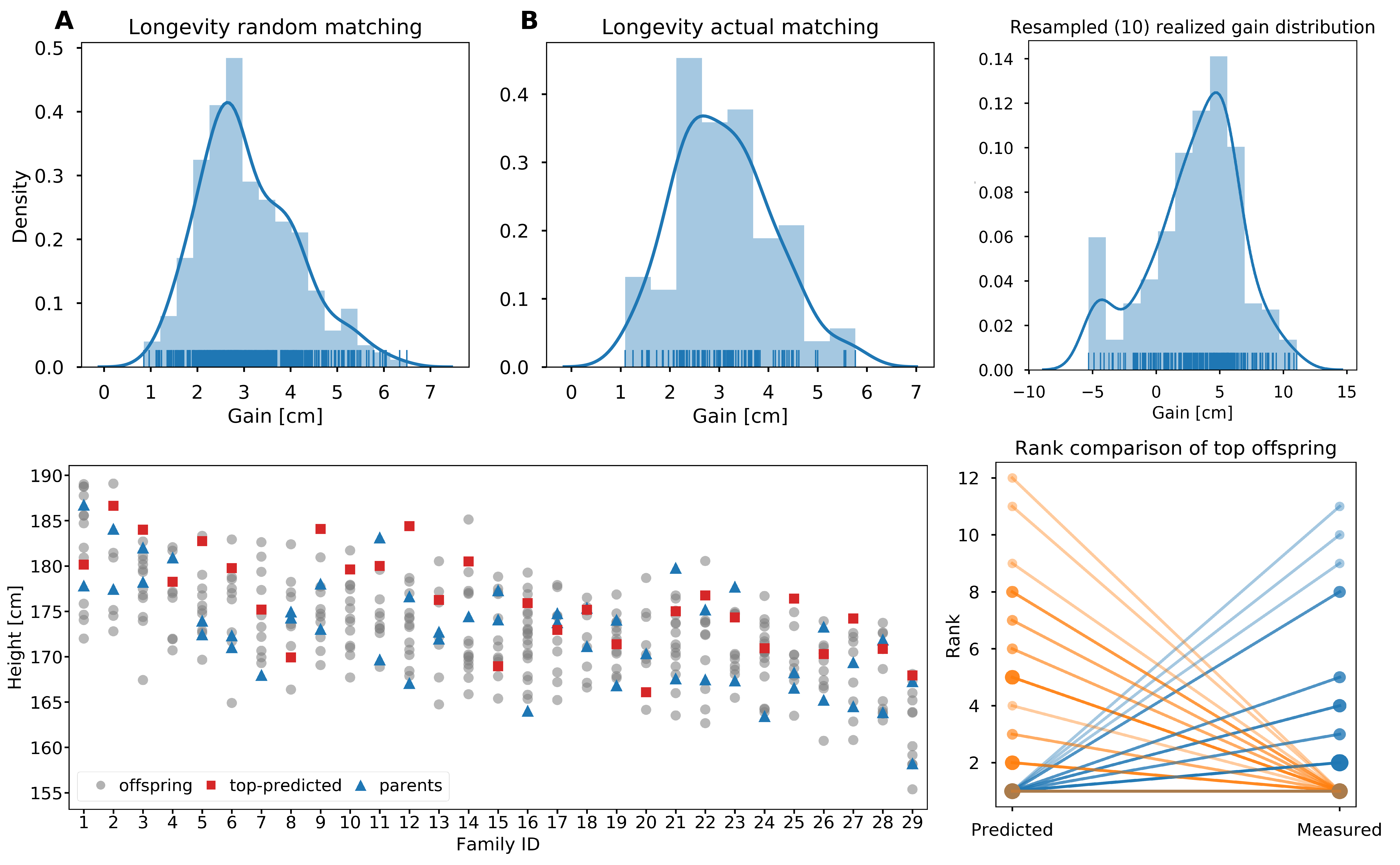Screening human embryos for polygenic traits has limited utility
Choose embryos for IVF implantation according to DNA-based trait prediction models.
The increasing proportion of variance in human complex traits explained by polygenic scores, along with progress in preimplantation genetic diagnosis, suggests the possibility of screening embryos for traits such as height or cognitive ability. However, the expected outcomes of embryo screening are unclear, which undermines discussion of associated ethical concerns. Here, we use theory, simulations, and real data to evaluate the potential gain of embryo screening, defined as the difference in trait value between the top-scoring embryo and the average embryo. The gain increases very slowly with the number of embryos but more rapidly with the variance explained by the score. Given current technology, the average gain due to screening would be ≈2.5 cm for height and ≈2.5 IQ points for cognitive ability. These mean values are accompanied by wide prediction intervals, and indeed, in large nuclear families, the majority of children top-scoring for height are not the tallest.

Citation
@article{karavani2019screening,
title={Screening human embryos for polygenic traits has limited utility},
author={Karavani, Ehud and Zuk, Or and Zeevi, Danny and Barzilai, Nir and Stefanis, Nikos C and Hatzimanolis, Alex and Smyrnis, Nikolaos and Avramopoulos, Dimitrios and Kruglyak, Leonid and Atzmon, Gil and others},
journal={Cell},
volume={179},
number={6},
pages={1424--1435},
year={2019},
publisher={Elsevier}
}